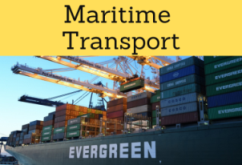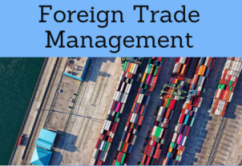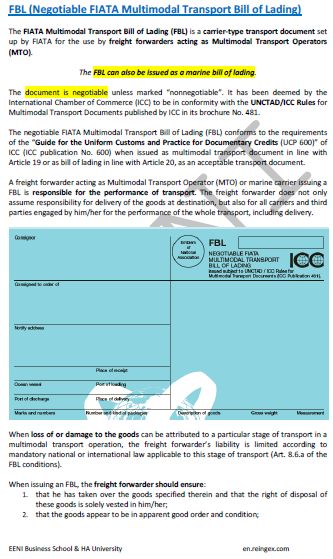Electronic FIATA Bill of Lading (eFBL)

FIATA eFBL (electronic document) Bill of Lading (legal equivalent to paper)
- The Electronic FIATA Bill of Lading (eFBL Bill of Lading) of the FIATA
- Features of the Electronic FIATA Bill of Lading

The Subject “Electronic FIATA Bill of Lading (eFBL)” belongs to the following Online Programs taught by EENI Global Business School:
Logistics Courses: International Transport, Maritime Transport, Multimodal, Road, Transport in Africa.

Courses: Export Assistant, Foreign Trade Management.

Diplomas: Foreign Trade, International Transport.

Masters: International Transport, Transport in Africa, International Business, Foreign Trade.
Doctorate: Global Logistics, World Trade.
Languages: 
 Conocimiento de embarque electrónico FIATA
Conocimiento de embarque electrónico FIATA  Connaissement électronique FIATA
Connaissement électronique FIATA  Conhecimento de embarque eletrónico FIATA.
Conhecimento de embarque eletrónico FIATA.
Trade Facilitation - Trade Facilitation Agreement - Kyoto Convention - Convention Harmonization of Frontier Controls of Goods.

Sample - Electronic FIATA Bill of Lading (eFBL Bill of Lading):

The Electronic FIATA Bill of Lading (eFBL), allows the distribution of the FIATA bill of lading in an electronic format.
- The Electronic FIATA Bill of Lading (eFBL) is operational globally
- Exporters, freight forwarders and logistics companies can manage the creation and online approval of the commercial documentation of a foreign trade operation
- The original documents required for export (transport, commercial, financial) and import can be signed and exchanged electronically
- The system allows digitally sending the usual documents of foreign trade: Bill of lading, certificates of deposit, certificates of origin, invoices, packing list.
- Shipment Elimination of these documents by an international courier
- Banks enrolled in the system treat the Electronic FIATA Bill of Lading (eFBL) as the legal equivalent to paper FBL Bill of Lading in documentary credits
- Eliminates the risk of fraudulent bill of lading at a destination to pick up merchandise
- Eliminates the risk of loss of bills of lading
- The Electronic FIATA Bill of Lading allows modifications to be made in a very short time
FIATA Bill of Lading:
Source: FIATA
Containers and Transportation(c) EENI Global Business School (1995-2024)
We do not use cookies
Top of this page



